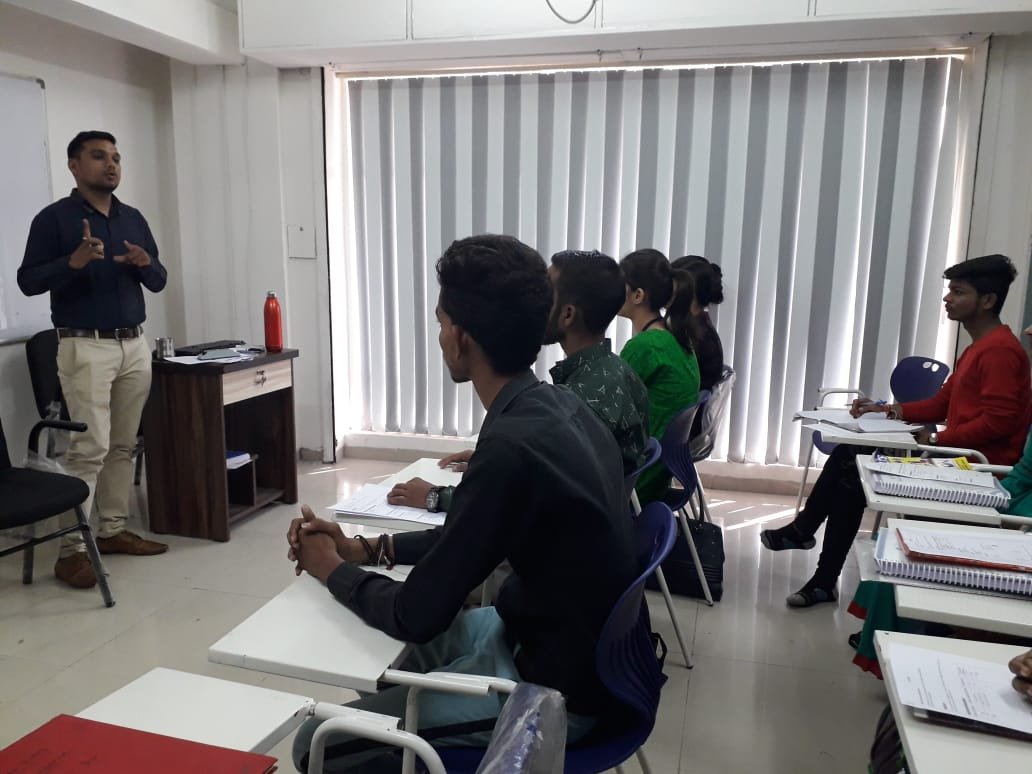- The Supreme Court ordered that no forced action could be taken against employers with respect to the Ministry of Home Affairs (MHA) notification compelling payment of wages to employees amid the COVID-19 lockdown
- The order was passed by the Bench of Justices Ashok Bhushan, SK Kaul, and MR Shah
- The Court also reserved its order on the validity of the MHA notification for June 12
- The Court was hearing a batch of the petition including the one filed by Karnataka-based company Faces Pax, challenging the constitutional validity of a March 20 notification by the Secretary (Labour & Employment) and clause III of the March 29 notification by the MHA, both of which compelled payment of full wages to workers and employees during the amount of lockdown
At the outset of 4th June hearing, the MHA submitted that the March 29 notification was a temporary measure for 54 days
Attorney General for India KK Venugopal, appearing for the MHA, said,
“…people were migrating in crores, they wanted the industries to continue. The notification was to prevent the workers which they only would if they’re paid.”
Venugopal submitted that the notification was brought in to prevent human suffering. Keeping aside its validity, it was a matter between employers and employees, the AG added.
At this point, Justice Bhushan sought to know,
“But your notification compelled the payment of 100% of salaries…it are often around 50 to 75%. So the question is, do you have the power to get them to pay 100 per cent, and on their failure to do so, prosecute them?”
Justice Ashok Bhushan

Justice Kaul then pointed out that the government had not invoked the provisions of the Industrial Disputes Act while issuing notification. Under the Act, workmen who are laid off are entitled to 50% of total wages as compensation. “But you (MHA) directed 100%”,
Kaul J
In response, AG Venugopal said that the most appropriate thing would be to consider the humanitarian situation.
Justice Bhushan then said that negotiations have to take place between employers and workmen to ascertain what has to be done for the salary for these 54 days. Justice Kaul weighed in, saying,
“On one hand you say you’re trying to place money within the pocket of worker. So now, some negotiation is required for a solution.”
Justice Kaul
Advocate Jeetender Gupta, appearing for Ficus Pax, submitted that the Labour Ministry’s advisory asking establishments not to terminate employees or reduce their salaries was not passed under the Disaster Management Act.
When the Court asked Gupta whether he agreed that negotiations have to take place between employees and employers, he said,
When the Court asked Gupta whether he agreed that negotiations have to take place between employees and employers, he said,
Justice Shah responded,
“You tell us, are you able to run industry without labour? Therefore you’ve got to strike a balance and this could not be tilted either on the side of the employer or the worker .”
Justice MR Shah
Claiming that the corporate he represents administered essential services, Gupta said that each one in house workers are paid salaries.
“…but why should I pay the 800 contract workers when no work is happening? There is a separate ESI fund which has 80,000 to 90,000 crores as a surplus fund.
Venugopal replied,
“It was not restricted. The main objective was that if they get paid then they have not migrated.”
Ultimately, the Court reserved its order for June 12. It also ordered that no coercive action be taken against employers with respect to the MHA notification dated March 29.
[READ ORDER]
HR Ignite Services:-
- HR Generalist Practical Training- Online | Classroom
- HR Labour Law Practical Training with Case Studies – Online | Classroom
- Free HR Job Portal for HR Hiring | HR Vacancy
- Advance Excel Course- Online | Classroom

- Click here to join telegram channel- get regular HR-IR updates & HR Jobs
- HR Updates LinkedIn Page
- Instagram Page
- HR Ignite Facebook Page
- HR Practical Training

